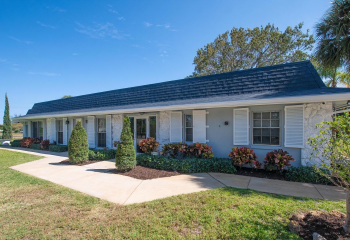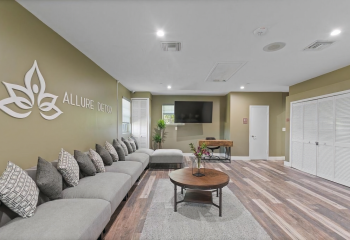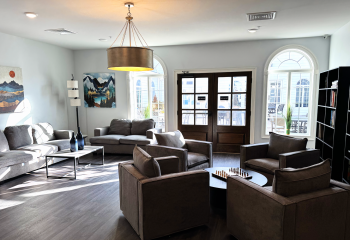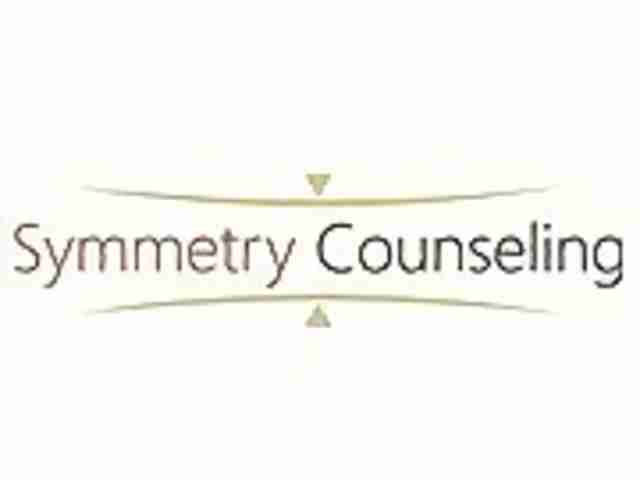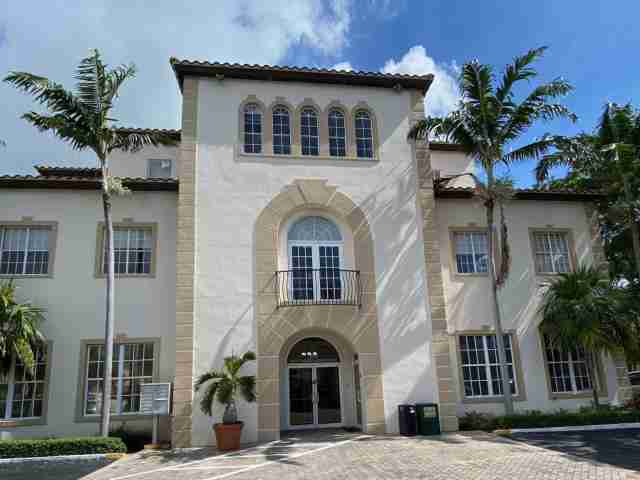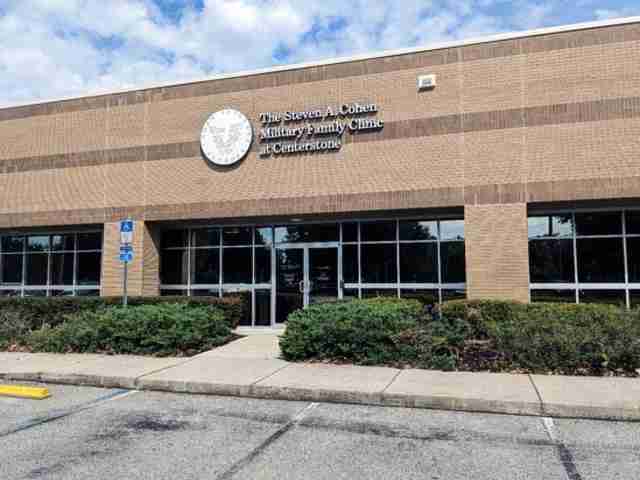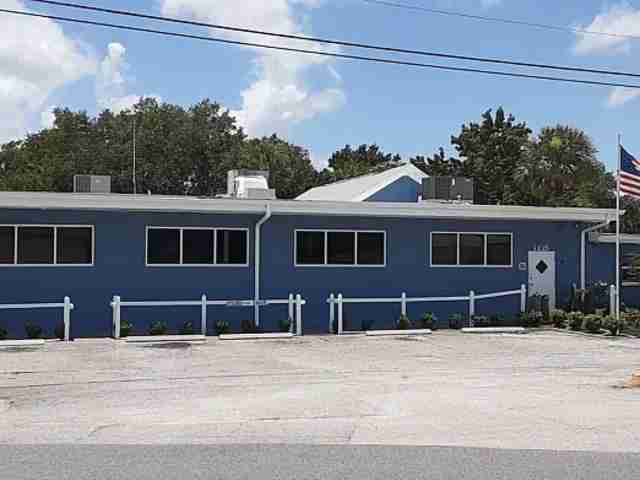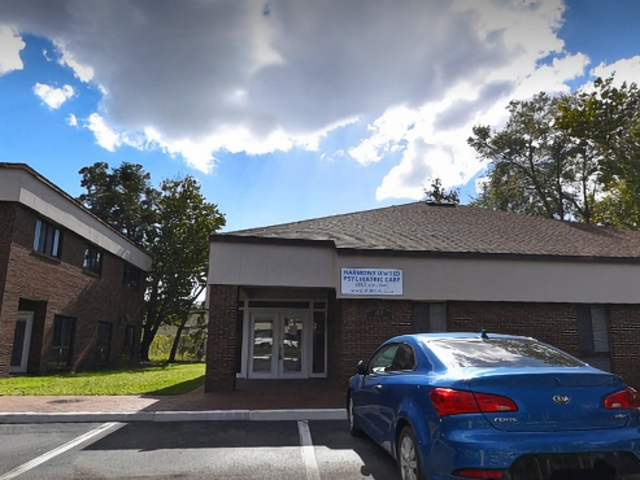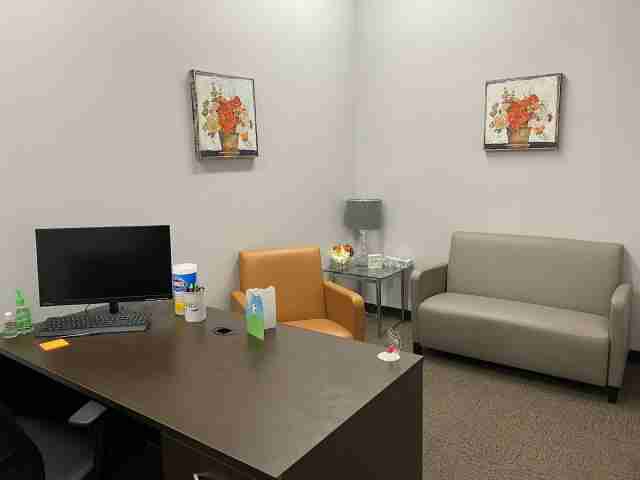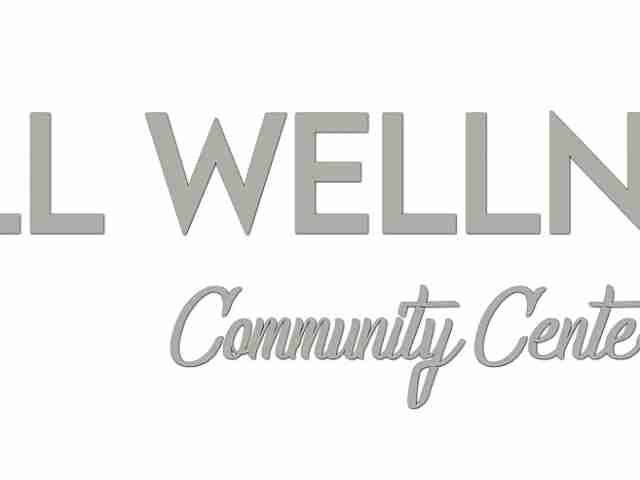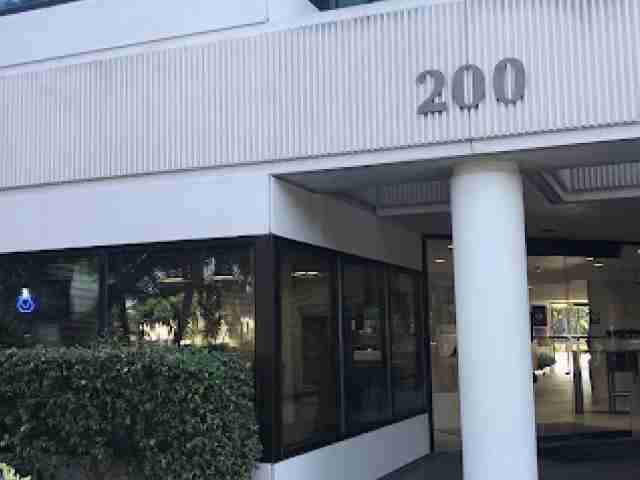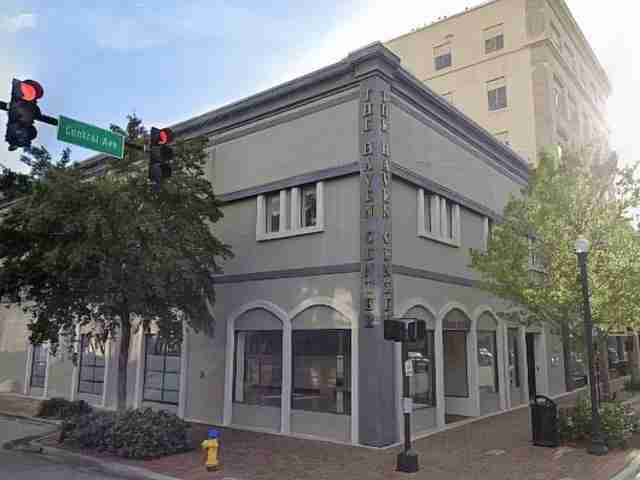More About Treatment Centers for Couples
Couples’ Drug and Alcohol Rehab Programs
It’s challenging enough when one person is struggling with addiction, but it can be even more difficult when substance misuse affects two people, whether they are in a relationship, live together or are married.
Addiction has the potential to harm not just your mental and physical health but your personal relationships as well. Seeking treatment at drug rehab for couples can be a beneficial option for attaining and maintaining sobriety and repairing or rebuilding your relationship.
What Is a Drug and Alcohol Rehab Program for Couples?
Couples’ rehab for drug and alcohol addiction recognizes the importance of the person’s relationships in their recovery, with programs that support both.(1)
Each addiction treatment center may have a slightly different approach to engaging committed couples throughout substance use disorder (SUD) recovery. SUD often has significant effects on a person’s children, relatives, friends, and especially their partners.(2)
Couples sometimes face a negative escalating cycle in which substance use causes conflict that increases use as a coping mechanism.(2) To increase the likelihood of long-term recovery and overall wellness, these specialized programs address problems in the relationship alongside substance misuse.(2)
If problems in the relationship are not treated, ongoing conflict can cause triggers for substance use without the coping skills to diffuse them.(2)
Several family-based treatment approaches can be used in SUD treatment, depending on each person’s specific circumstances.(3)
Engaging with addiction treatment as a couple may increase your chances of long-term recovery by increasing your ability to support each other on the journey.
What Happens During an Addiction Treatment Program for Couples?
Couples-focused addiction treatment programs may integrate different therapeutic techniques or have sessions that focus on marriage or family difficulties more than other addiction tracks.
Even if only one partner is struggling with SUD, engaging a person’s significant other in their treatment can have significant benefits toward recovery.(3)
The best forms of addiction treatment are individualized and adapt to a person’s personal progress and ever-changing needs.(4)
What’s best for one person may not suit their significant other. Examples of differences may include living in separate quarters based on gender, only one partner being prescribed addiction treatment medication, or being in different group therapy sessions.
Going through couples’ rehab could help you support each other as you each travel on parallel but unique roads to recovery.
Other mental health problems and relational difficulties commonly co-occur with SUD.5 For the best results with addiction treatment, co-occurring disorders should be treated at the same time.(5)
Whether suffering from another mental health condition or needing therapy for relational problems, specialized programs can offer whole-person treatment for your mental health to support recovery.
Treatment Approaches in Drug and Alcohol Rehab for Couples
Assessment by a doctor or addiction specialist can help determine the correct approach to drug or alcohol addiction treatment. Beginning the journey at the correct level of addiction treatment can maximize your benefits and chances of long-term recovery.
The American Society of Addiction Medicine (ASAM) recognizes the following levels of care for adult addiction treatment:(6)
- Level 4: Inpatient
- Level 3: Residential
- Level 2: Intensive outpatient programs (IOPs) or high-intensity outpatient programs (HIOPs)
- Level 1: Outpatient
Recovery residence follows Level 1, though it is not noted as a specific level in ASAM care criteria.(6)
Addiction treatment programs for couples are typically delivered within this spectrum of SUD treatment levels.
A typical progression begins with detox, followed by some form of inpatient or outpatient treatment program, and later, aftercare.(4)
At any level of treatment, a person may benefit from a variety of behavioral therapies, medication, individual therapy, and group therapy. Therapies used in couples-based treatment programs may include:(3,5)
- Cognitive behavioral therapy (CBT).
- Behavioral couples therapy (BCT).
- Systemic motivational therapy.
- Family recovery support groups.
BCT can be particularly beneficial because it utilizes the strength of the relationship to increase healing.(7)
Sessions tend to be highly structured, with agreements between partners to stay accountable for abstinence, participation in relationship-building exercises, and ongoing monitoring of relationship satisfaction.(7)
For some couples, addiction programs may incorporate Gottman Method couples’ therapy as a comprehensive approach to healing together. Gottman Method couples’ therapy aims to teach couples to disarm verbal conflicts, increase intimacy and respect with affection, remove barriers, and increase empathy and understanding.(8)
The above-mentioned therapies, as well as other modalities, may be delivered in 1-to-1, couple, or group settings, depending on a person’s individualized treatment plan. Plans vary depending on a person’s substance(s) of use, medical and mental health history, and the treatment facility they attend.(5)
What Happens After Completing Couples Treatment?
After completing a formal addiction program such as couples’ addiction treatment, people are encouraged to continue their lifelong commitment to sobriety by pursuing aftercare. Aftercare, or continuing care, may consist of any number of recovery support services, including:(4)
- Mutual aid groups: Many have a 12-Step curriculum, such as Alcoholics Anonymous (AA), and are community-based, peer-run groups. Groups like these have been helping people recover from addiction for nearly 70 years.
- Recovery coaching: Coaches can be voluntary or paid and may or may not be in recovery themselves. They may help with abstinence maintenance strategies, connecting to recovery services, and developing personal skills that can help on your journey.
- Recovery housing: Many people live in recovery-specific housing, which can provide additional structure and accountability during recovery. Many recovery housing options are for men or women only, but some may accept couples. However, it can sometimes be helpful for couples to mutually experience time alone in recovery housing before moving back in together.
After treatment, commitment to recovery is just as or more important than it was at the beginning.(4)
It can take 4–5 years before a person’s risk of relapse drops below 15%—the lifetime risk of developing SUD for a person in the general population.(4)
Tackling recovery as a couple has the potential to provide greater support, structure, accountability, and motivation as future years present challenges to recovery.
Does Health Insurance Cover Addiction Treatment Programs for Couples?
In the U.S., health insurance companies are required to provide benefits for mental health and SUD treatment.
The Affordable Care Act (ACA) mandates that health insurance providers offer plans that include mental health benefits comparable to medical benefits.9
The amount a person must pay for coverage varies by plan. Call your insurance to find out how much will be covered for couples’ rehab or if certain treatment centers cost less.
Medicare, Medicaid, Marketplace, Veterans Affairs (VA), and COBRA insurance plans are often used to cover addiction treatment.
However, if you don’t have insurance or cannot afford out-of-pocket costs, there are other ways to pay. Some treatment centers offer scholarships, sliding scale payment options, or other negotiable payment options. Call your insurance provider to find out how much you might owe, or call your treatment center of preference to discuss other payment options or verify insurance.
Finding a Couples Rehab Program Near You
Find a program that allows you to begin your journey where you need to. Going through detox, inpatient or outpatient treatment, and continuing care at the same facility can help you maintain momentum on your recovery journey.
Likewise, being able to treat any co-occurring disorders can contribute to whole-person recovery and reduce the risk of relapse. Find a couples-focused treatment program using our search tool today.
Sources
- Jimenez, R.R., Andersen, S., Song, H. & Townsend, C. (2021). Vicarious trauma in mental health care providers. Journal of Interprofessional Education & Practice, 24.
- Sinclair, S., Raffin-Bouchal, S., Venturato, L., Mijovic-Kondejewski, J. & Smith-MacDonald, L. (2017). Compassion fatigue: A meta-narrative review of the healthcare literature. International Journal of Nursing Studies, 69, 9-24.
- Story, J. & Solberg, D. (2017). Barriers to mental illness and substance abuse treatment among physicians and the impact on patient care. Missouri Medicine, 114(2), 91-93.
- National Institutes of Health. (2018). Principles of drug addiction treatment: A research-based guide (third edition).
- Substance Abuse and Mental Health Services Administration. (2014). What is substance abuse treatment? A booklet for families.
- Substance Abuse and Mental Health Services Administration. (2019). TIP 35: Enhancing motivation for change in substance use disorder treatment.
- Linehan, M.M. & Wilks, C.R. (2018). The course and evolution of dialectical behavior therapy. American Journal of Psychotherapy, 69(2), 97-110.
- Tsouvelas, G., Chondrokouki, M., Nikolaidis, G. & Shapiro, E. (2019). A vicarious trauma preventive approach. The Group Traumatic Episode Protocol EMDR and workplace affect in professionals who work with child abuse and neglect. Dialogues in Clinical Neuroscience & Mental Health, 2(3), 130-138.
- Substance Abuse and Mental Health Services Administration. (n.d.). Substance abuse treatment: Group therapy, TIP 41.
- Srivastava, A.B. (2018). Impaired physicians: Obliterating the stigma. The American Journal of Psychiatry Residents’ Journal, 13(3).
- Donovan, D.M., Ingalsbe, M.H., Benbow, J., & Daley, D.C. (2013). 12-step interventions and mutual support programs for substance use disorders: An overview. Social Work in Public Health, 28(0), 313-332.







